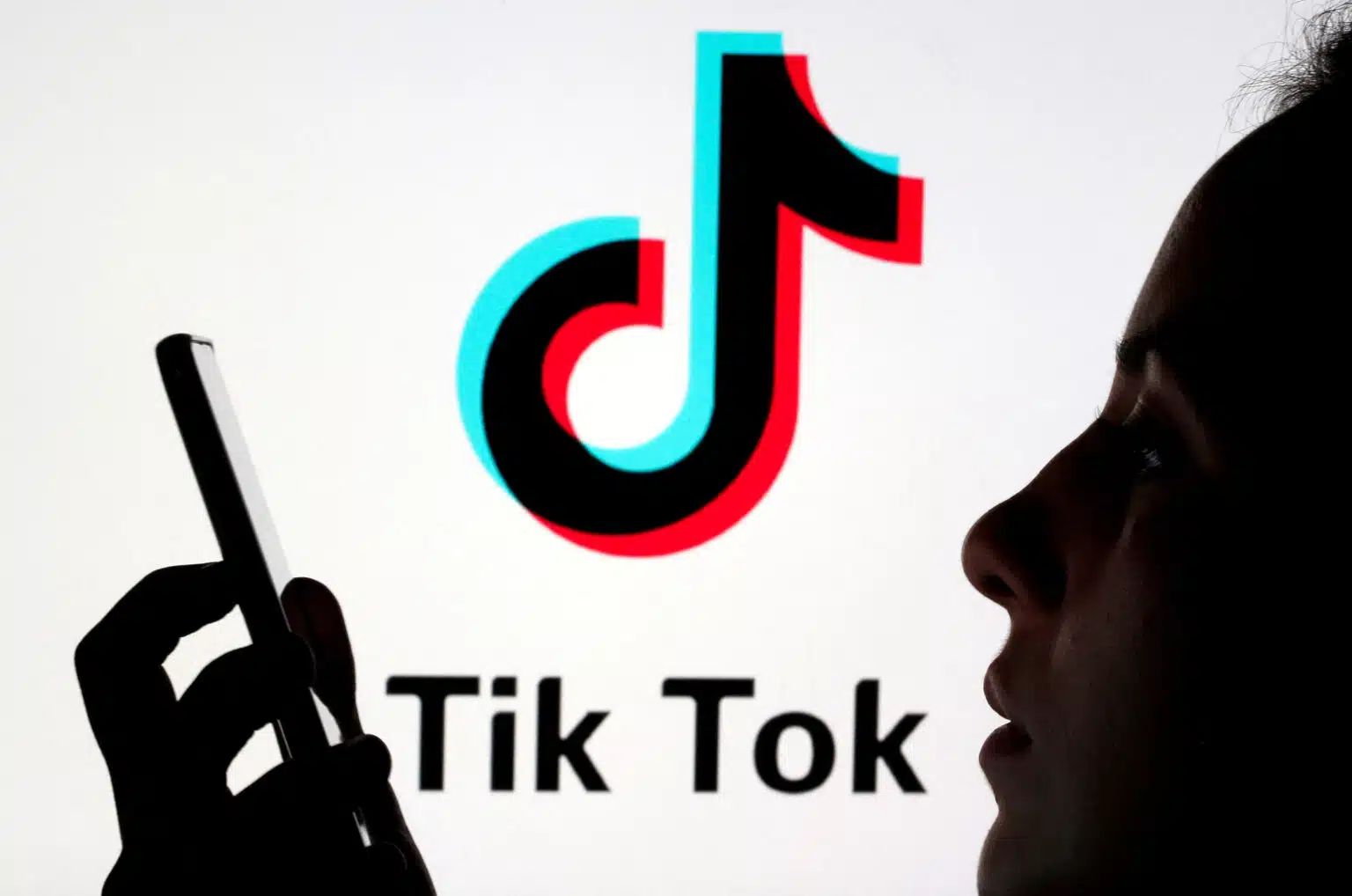Table of Contents
The Canada government on Tuesday decided to join the US and EU in banning TikTok from being installed or operated on all government-issued devices.
“I suspect that as government takes the significant step of telling all federal employees that they can no longer use TikTok on their work phones, many Canadians from business to private individuals will reflect on the security of their own data and perhaps make choices,” said Justin Trudeau, the Canadian prime minister.
Previously, The White House on Monday had ordered its federal agencies to ban the Chinese app TikTok from all government devices. A deadline of 30 days was given to comply with the same by the US government.
The bans were implemented citing cybersecurity concerns of the Chinese app.
The famous, social media app allows users to create and share short videos, usually set to music. The app has become extremely popular, particularly among younger users, with millions of active users around the world. Some popular types of TikTok videos include dance and lip-sync videos, comedy skits, and educational or informative content.
Cybersecurity concerns of the app
Over the years TikTok has repeatedly faced controversy over several issues. The main concerns have been over privacy and security, particularly in relation to user data and the app’s ties to China. There have been allegations that the app collects user data and shares it with the Chinese government, which TikTok has denied.
Another area of controversy has been over the content on the app, particularly around issues such as hate speech, misinformation, and child safety. TikTok has taken steps to address these issues, however, these issues continue to be a concern for some users and policymakers.
There have also been concerns about the impact of the app on mental health, particularly among young users who may feel pressure to conform to certain standards or engage in risky behaviour to gain followers and likes. These concerns have led to calls for better regulation of social media platforms and more research into the effects of social media on mental health.
TikTok has faced bans or restrictions in several countries, mainly due to concerns over privacy and security.
In June 2020, the Indian government banned TikTok and 58 other Chinese mobile apps amid concerns about national security and data privacy. The Indian government alleged that these apps were “prejudicial to the sovereignty and integrity of India, defense of India, security of state and public order.” The ban came after a military clash between India and China at the border.The ban was initially temporary, but in January 2021, the Indian government announced that it was making the ban permanent. The decision was based on concerns about the apps’ data collection practices and their potential to be used to gather information on Indian citizens.
The ban had a significant impact on the popularity of the app in India, which had been one of the app’s largest markets. However, it also led to the emergence of several Indian-made short video apps, such as Moj and Chingari, which have gained popularity in the wake of the TikTok ban.
Some other countries where TikTok has faced bans or restrictions:
United States – In August 2020, the Trump administration issued an executive order that would have banned TikTok from operating in the US unless it was sold to a US-based company. The order was later blocked by a federal court, allowing the app to continue operating in the US.
Pakistan – In October 2020, the Pakistani government banned TikTok, citing concerns over “immoral and indecent” content on the app.
Bangladesh – In February 2021, the Bangladeshi government announced that it was considering a ban on TikTok, citing concerns over “obscene and anti-Islamic” content.
Iran – In May 2021, the Iranian government banned the app, citing concerns over “immoral and inappropriate” content on the app.
Indonesia – In July 2021, the Indonesian government announced that it was considering a ban on TikTok due to concerns over “negative content” on the app.
Additionally, the app has faced scrutiny and criticism in other countries as well, but has not been banned or restricted.
Read Next: https://tdznkwjt9mxt6p1p8657.cleaver.live/eu-u-k-sign-new-agreement-for-the-ireland/












